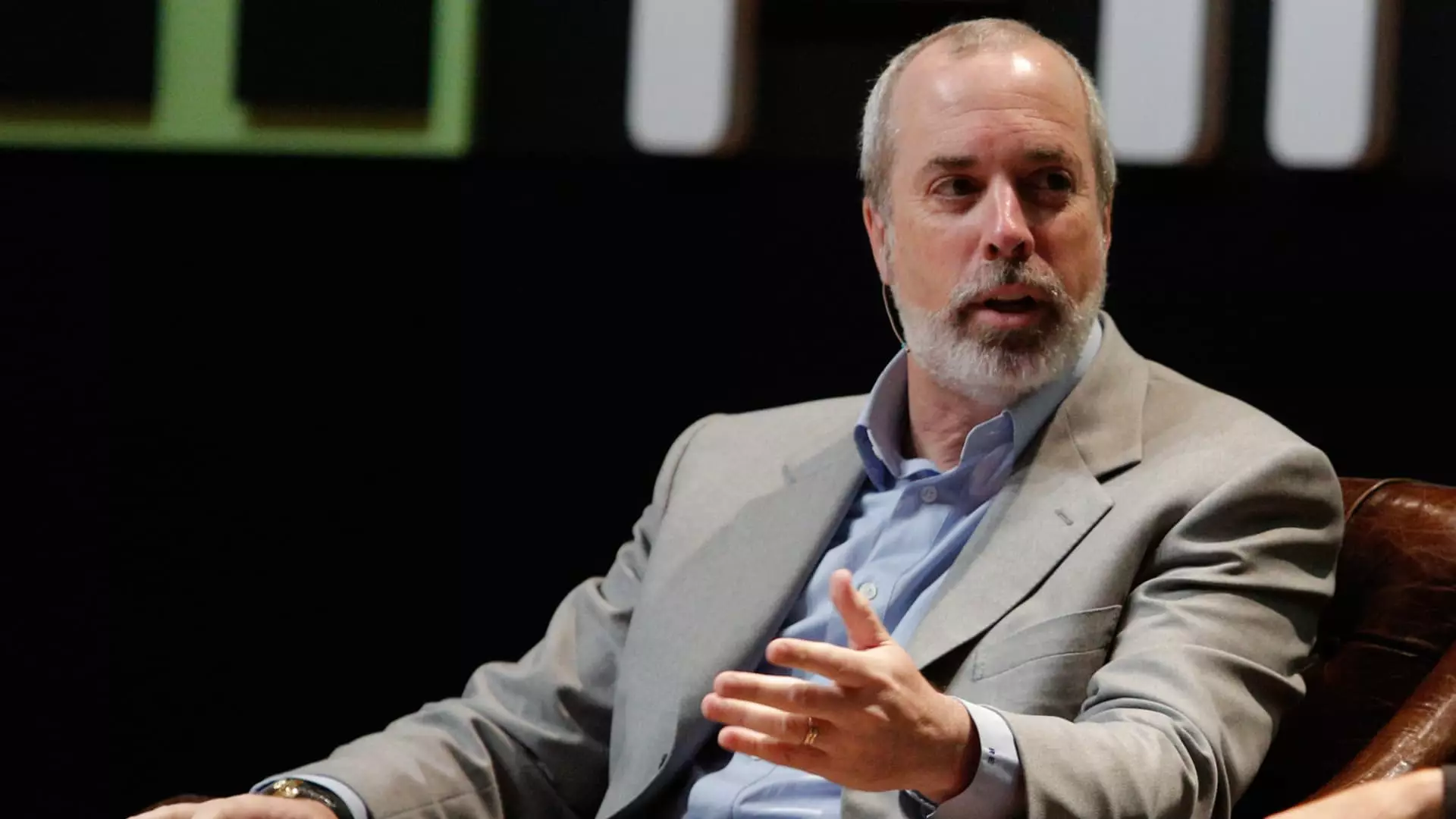The United States faces a profound crisis in financial literacy, a point that is echoed by financial experts like Ric Edelman. With the unfortunate truth that Americans typically lack essential skills in personal finance, the consequences are dire, particularly for younger generations. Edelman’s candid acknowledgment of our failings resonates in a national landscape rife with misconceptions about money management, and the statistics paint an alarming picture: many young Americans remain woefully unprepared for the financial challenges that lie ahead.
Education—or the lack thereof—is at the heart of this issue. Historically, American culture hasn’t prioritized financial education, leaving millennials and Gen Z to navigate the complex world of personal finance in the dark. This neglect is particularly alarming when we consider that with increasing life expectancy comes the pressing need for effective financial planning. As a society, we must recognize that living longer demands more proactive approaches to retirement and investments.
The Allure of Get-Rich-Quick Schemes
The recent surge in popularity of get-rich-quick schemes is another facet of this disturbing trend. With young investors flocking to online platforms that promote speculative trading, the line between investing and gambling has become alarmingly blurred. Edelman highlights that these platforms encourage high-risk behaviors by glorifying short-term gains at the expense of long-term stability. The romanticized idea of making quick profits distracts from the true principles of investing—patience, diligence, and informed decision-making.
Worse yet, this culture of financial gambling is further exacerbated by the rising prevalence of options trading among retail investors. The statistics are staggering, with nearly half of retail traders participating in the options market in 2022, a trend that continues to surge. This environment cultivates a false sense of security for young investors, luring them into complex strategies that are often poorly understood. If they are not careful, young adults could find themselves making increasingly damaging financial decisions that can haunt them for years.
A System Designed to Confuse
Edelman argues that American corporations have a vested interest in perpetuating this complexity. When financial products are laden with jargon and intricacies, the average consumer is left feeling overwhelmed and often exploited. The sinister truth is that a convoluted financial system creates dependencies that trap individuals rather than empower them. In an age where TikTok influencers often serve as “financial advisors,” the risk of misinformation directly undermining informed decision-making is alarming. It raises the question: how can we expect young investors to thrive when trusted resources are scarce?
There is a glimmer of hope amidst the chaos. States like Utah are taking proactive steps to remedy this issue by introducing personal finance courses in high school curriculums. As of now, 27 states have instituted requirements for high school students to take personal finance courses to graduate—a commendable step toward fostering a financially literate generation. However, this movement needs to be even more widespread and robust. Financial education should never be an afterthought; it must be pivotal in our educational system.
The Financial Burden of Younger Generations
While promoting financial literacy, we cannot ignore the financial burdens faced by many young Americans. With skyrocketing student debt, stagnant wages, and rising living costs, recent graduates often find themselves grappling with managing their finances while also trying to keep their heads above water. The paradox lies in the incredible motivation younger Americans have to succeed financially, fueled by witnessing their parents’ struggles with retirement preparedness. This ambition often clashes with harsh economic realities, leading to frustration and disillusionment.
However, these challenges also illustrate a crucial point: the determination of younger generations to master personal finance could be our saving grace. If harnessed correctly, this motivation can transform the potential pitfalls of financial illiteracy into stepping stones toward comprehensive financial understanding. It is critical that we cultivate environments that empower young Americans to seek financial knowledge actively and assertively.
In this era of uncertainty, the conversation surrounding financial literacy must evolve from acknowledgment to action. As more states recognize the importance of personal finance education, we must champion broader reforms at every level—from high school curricula to corporate transparency—ensuring that every American is equipped with the knowledge they need to thrive in a complex financial landscape. The stakes have never been higher, and the time for change is now.

